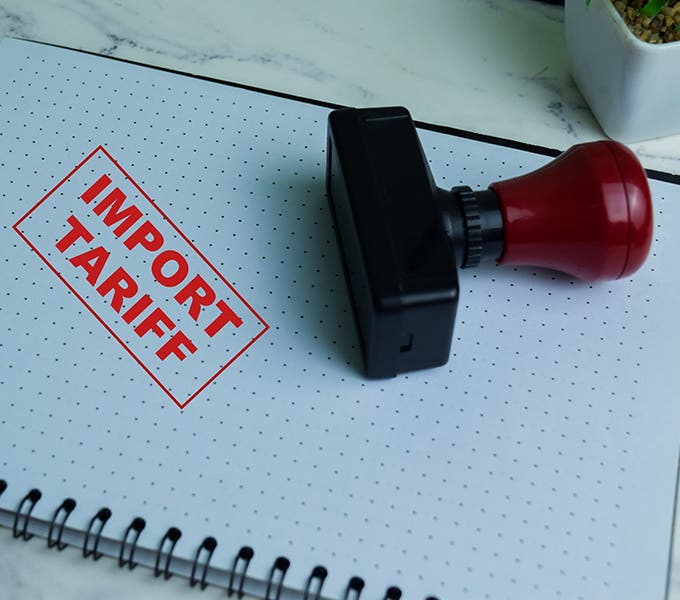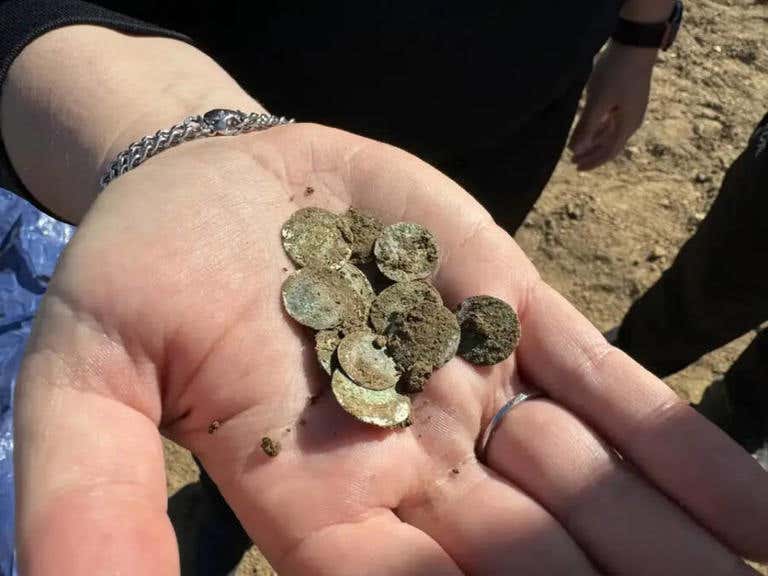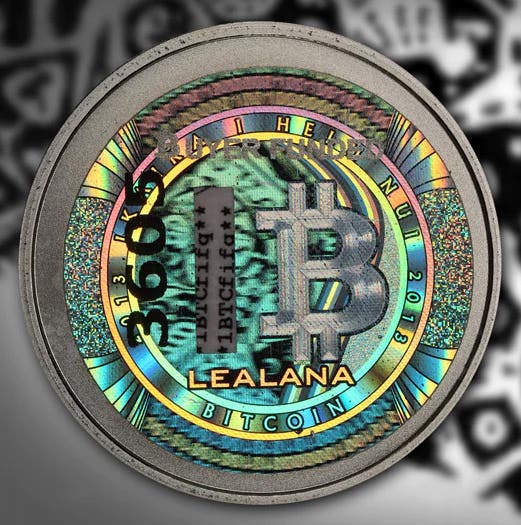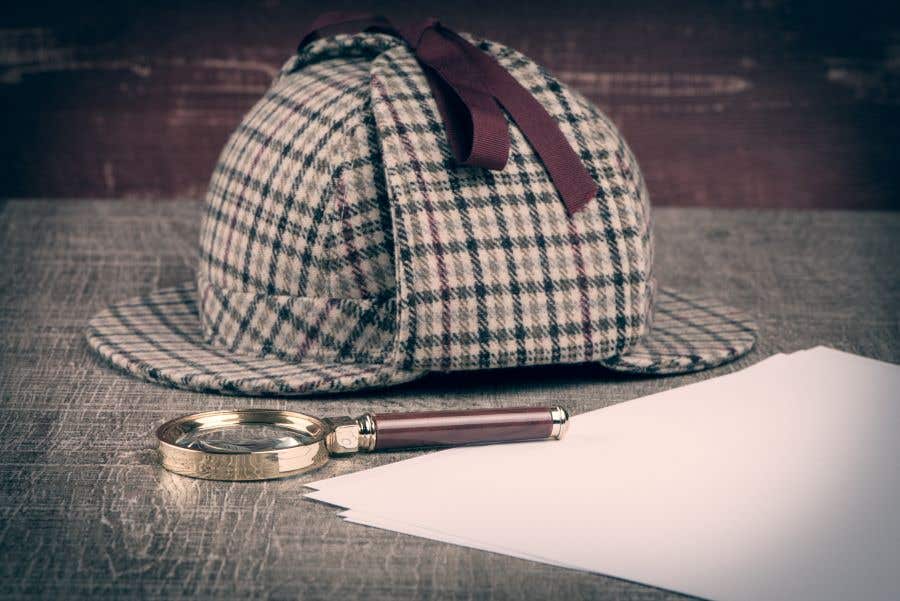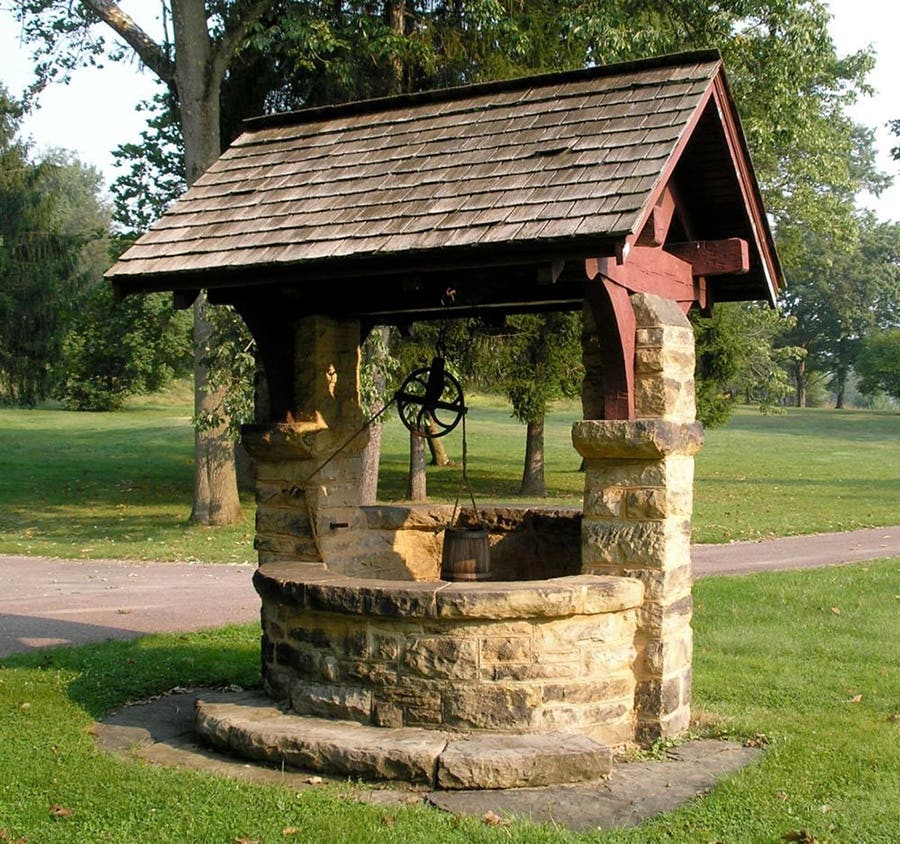What is your best advice to someone who just inherited a coin collection?
From the March 1, 2024, Numismatic News E-Newsletter Readers’ Poll: The overall consensus is that researching and inventorying collections should come first.
What is your best advice to someone who just inherited a coin collection?
Attend a local coin club meeting.
Fairfax Coin Club mans a table at our local coin shows. We’ve had a number of folks with inherited collections stop by, and after a brief description, we suggested:
1) they take an inventory of the inherited coins and
2) they attend one of our monthly meetings.
The past three folks attended our meeting(s) and were introduced to the club officers; thereupon, they were all given options for disposing of the coins. All three folks followed through on our suggestions and were very pleased with the results.
Lorne Lavertu, Herndon, Va.
Learn eBay very well.
Thomas Cestaro, Address withheld
Get advice from the deceased before.
Fritz Clemens, Twinsburg, Ohio
A thorough answer to this question begs my follow-up question: Is this person already a collector or someone who is unfamiliar with coin collecting?
Either way, there is advice that relates to both of these situations. Do not sell quickly. Do not sell in a panic. Take time to learn about what you have inherited. Ask questions of others who have a hobby or business in coin collecting. Attend a show or two, talk to a few dealers, and do research on your own. Once you understand what you have, then you can decide how to deal with your inheritance.
James Evans, Leominster, Mass.
1) Inventory the collection before you let it out of your hands. Without an inventory, an unscrupulous person could spot a single coin that is rare and very valuable and just “scoop it up.”
2) If you know a family member or a good friend who is a trusted coin collector, invite that person to look over the collection with you. You are asking for that person’s opinion about it.
3) At this point, you are still in possession of the collection.
4) Warning: Depending on the size of the collection, going to a coin dealer and asking for an appraisal could cost more than the collection is worth. Appraising every individual coin is a labor-intensive endeavor. Grading each coin is subjective but very important. Cataloging (recording the coins’ denomination, year, mintmark, grade, and current value) is required and time-consuming.
5) I think of a coin collection as the hard work, care, and devotion of usually a one-person thing over years and years. It is more or less a family heirloom. Therefore, I would look for a family member, like a child of the collector, nephew, niece, or grandchild, to carry on and care for the collection. Over time, it is my belief (no guarantee) that the value of the collection will increase.
Charles Fensel, Address withheld
If the recipient was not familiar with numismatics, I would first recommend that they get a current version of a coin value magazine or book. “Red Book” or “Black Book” would allow them to get basic information on what they have received and the approximate value of their gift. This may help them avoid being “taken “by a miscreant. Also, if they have a trusted friend or relative with numismatic knowledge, they should get their opinion and suggestions. Using trusted sources for information and advice is important.
K.R., Germantown, Ohio
Do not clean or polish coins.
Bill, Atlantic Beach, Fla.
Make sure you inspect each coin and bill you inherited. The person who gave them to you knew what he had and appreciated every single one of them. Don’t just run to your neighborhood coin dealer to see how much each one is worth. Keep them for a while. Who knows, you might just fall in love with collecting yourself.
Roy E Robertson, Annapolis, Md.
Seek advice from a certified numismatist, attorney, accountant, or trusted financial advisor. Be selective in your choices. Do not fall prey to greed, fakes, or enticements.
Name withheld, Idaho
Well, we know we should have it appraised. If a family is into the collection, they should know what to do. But most of the time, someone has no clue what to do with them. Rolling them up and taking them to the bank happens to some collections. I knew someone whose dad left his proof set to her. She opened them up to buy cigarettes and food. The sets were from 1950 to 1964. She didn’t ask if they had any value except face value.
Paul Hildebrand, Address withheld
My best advice to someone who inherited a collection is not to sell it to the first person who makes you an offer. Get at least three so you can see approximately what the value is.
Roy Herbst, Address withheld
Get at least three quotes before you sell anything.
Tom Swickrath, Address withheld
I would advise anyone to learn about the coins before they sell them. To modify an old adage from my childhood, “Read the book before you sell.”
Robert Gurney, Address withheld
If they know nothing about the coin collection, they should see a reputable coin dealer. Most will help them understand what they have. However, the dealer may want to cherry-pick the collection, so do your due diligence on the dealer.
Manny Valerio, Address withheld
Have all coins certified and look up values before attempting to sell.
Don Wagner, Address withheld
I would first see if I could get that person interested in collecting coins themselves, maybe take them to a coin club as a guest. Go over their collection and see if there’s anything that can catch their eye.
If the person only wants to sell the collection, I would have them get at least two bids on it—maybe even three, if they are patient and make sure they pass up the pawn shops.
Scott Ferguson, Las Vegas Numismatic Society
I actually spend time with people who inherit numismatic collections. The first question I ask either the inheritor or the estate executor is whether someone in the family knows about or is interested in the collection. If the answer is “yes,” I offer to do an assessment and advise on whether it is actually a collection or just an accumulation and what might be a reasonable approach to dealing with it. That usually involves estimating the market value. If the answer is “no,” and they declare they want to sell it, I will do an inventory and a market estimate and explain the various ways to dispose of it.
Gary Burhop, Memphis, Tenn.
Learn a little about coins and currency. Take a small sample of your collection to three different coin shops. Compare offers. Take your time and think about what you have. When you feel comfortable, you can sell your collection.
Michael Emmerson, Brookfield, Conn.
Understand what you have. Decide if you want to keep it or try and sell it. Research some and get a sense of value so you don’t get scammed. If selling, get two different quotes.
That’s the most basic advice I can think of.
Andy Kaddyshack via Facebook
Go very slowly. Think about the work that has been put into the collection. If you do sell, go to a coin club and find a respectable dealer.
Jack Larsen, via Facebook
I’m the owner of “I Have Coins and Collectibles” in Franklin, Mass. Unfortunately, a lot of people leave collections to family members, and they have no idea what to do with them. The underlying problem is that people do not sell these collections before they move on. The people who receive them oftentimes are burdened with the stress of getting rid of a collectible they have no knowledge about, and it can lead to disaster. I’ve had a lot of customers come into my store, telling me that they dumped all their silver coins into a Coinstar on many occasions. Your best bet is to reach out to a coin club and ask for a vetted dealer. Find some good reviews on that person before going. Expect to have to drop it off if it’s a medium amount or more of coins. Expect a small refundable appraisal fee.
Rod Crochiere via Facebook
You may also like:



